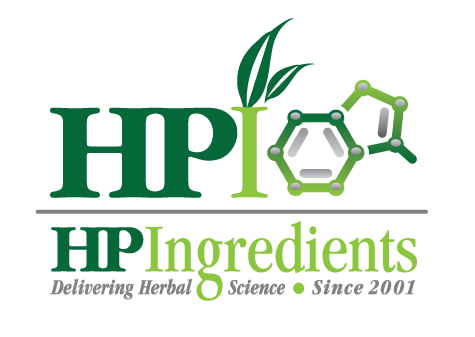Thanks to the rise of the digital/computer age – and its offshoots, social media and gaming/entertainment, we need to remember more details than ever, and perform more cognitive functions too. Modern lives are overflowing … and the stress it engenders can impede memory and cognition.
We developed Quantum IQ (kesum extract) to market in dietary supplements and nutra-foods and beverages to help healthy but harried adults to mentally perform their best.
There are some effective practices people can do to help support healthy cognitive and memory function. Most important is that the brain needs to be stimulated – always something new to ponder, work on, learn. And it isn’t just mental: if you are right-handed, try using your left to do what the right does, once a day. The most effective brain-boosting activities are those that challenge the brain – and challenges are those that temporary break a habit or routine. And, like working your muscles, the more you engage in memory- and cognition-building activities, the stronger and keener they become.
Beware of brain-training programs that promise to increase your IQ and memory. But that doesn’t mean to stay away from them; use them to have fun and engage. Engaging your brain helps keep it happy.
Exercising your whole body also helps keep your brain healthy and refreshed – aerobic exercise and hand-eye-coordination sports/activities are beneficial for the brain. Moving with purpose (exercise) will help decrease bouts of mental fatigue and brain fog. Exercise increases oxygen to the brain and reduces production of stress neurohormones.
Exercise has the distinctive and seemingly opposite reaction: it simultaneously energizes and calms, and the brain loves this.
Speaking of calm, ensuring you sleep as well as you can each night is essential for brain health. Almost all adults require up to nine hours of sleep each night. We all know the sluggish, draggy feeling on a day following a horrible night’s sleep. And sleep deprivation, poor quality of sleep affects memory function and learning ability. During deep sleep is when memory consolidation occurs. Do not do or eat anything energizing approximately two hours prior to your scheduled bed time.
Be wary of stressors (environments, foods/beverages and instances that spike your stress response), and create ways of preventing or lessening them. Deep breathing is a much-relied-upon method to calm. Inhale deeply through your nose, eyes closed; hold onto that deep breath, and exhale as slowly as possible, not in a whoosh (this can cause dizziness). You will feel the calm take hold. This is a great brain exercise once again because it oxygenates the brain. Stress destroys neurons and damages the hippocampus, which is largely responsible for memory activity.
Another stress reducer is meditation; those with active minds may think they cannot do this, but everyone has their own levels that work. This activity has been shown to help improve concentration, focus, problem solving and learning skills, as well as imagination.
Laughter and being around laughter has been shown to help bust up stress as well, and even lighten mood and provide that sense of calm.
And of course, mind your diet. You know what’s not good for you (fried, fast, processed and junk foods, and sugar treats). The brain needs good fats (specifically omega-3 EFAs), as well as vitamins, minerals and antioxidants. Fish (and plant-based omega-3 sources such as flax and chia), green tea are great for supporting healthy brain structure and function.


